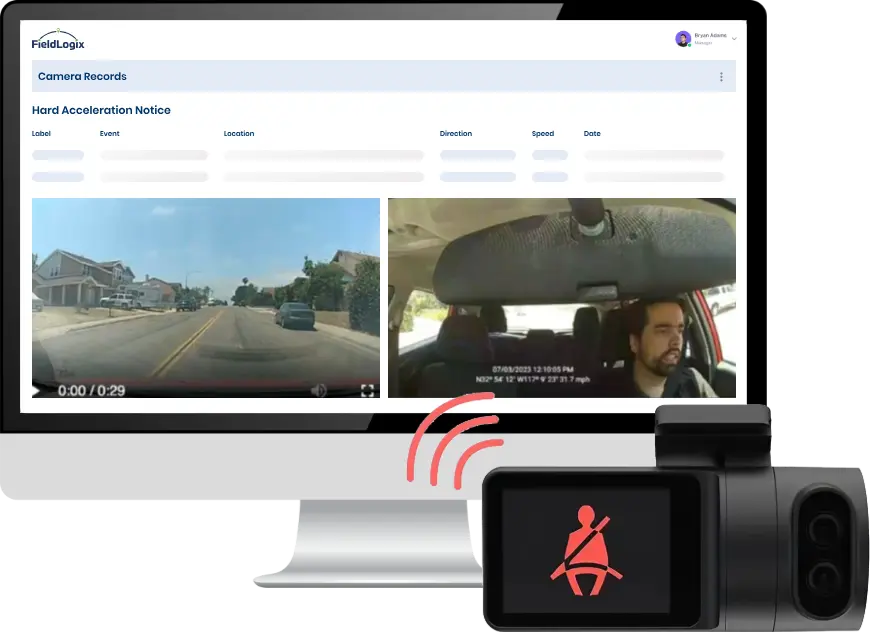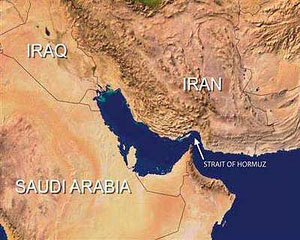Oil Prices Surge on News Iran May Disrupt World’s Oil Supply
Iran may be playing military games as speculation rises that its military will soon be shutting down the Strait of Hormuz, a shipping channel where one-sixth of the world’s oil supply passes through.
Oil prices rose the most in almost four weeks on speculation supplies will be disrupted after a report that Iran may be planning to close the Strait of Hormuz. Crude advanced as much as 3.6 percent after the state-run Fars news agency reported the military drills at the strait, however Iran’s Foreign Ministry denied the report.
Oil traders remain fearful that Iran could try and block the strategically-sensitive Strait of Hormuz that links the Gulf with the Gulf of Oman and through which much of the region’s oil is transported. Most of the crude exported from Saudi Arabia, Iran, the United Arab Emirates, Kuwait and Iraq – together with nearly all the liquefied natural gas from lead exporter Qatar – must slip through a 4-mile wide shipping channel between Oman and Iran.













